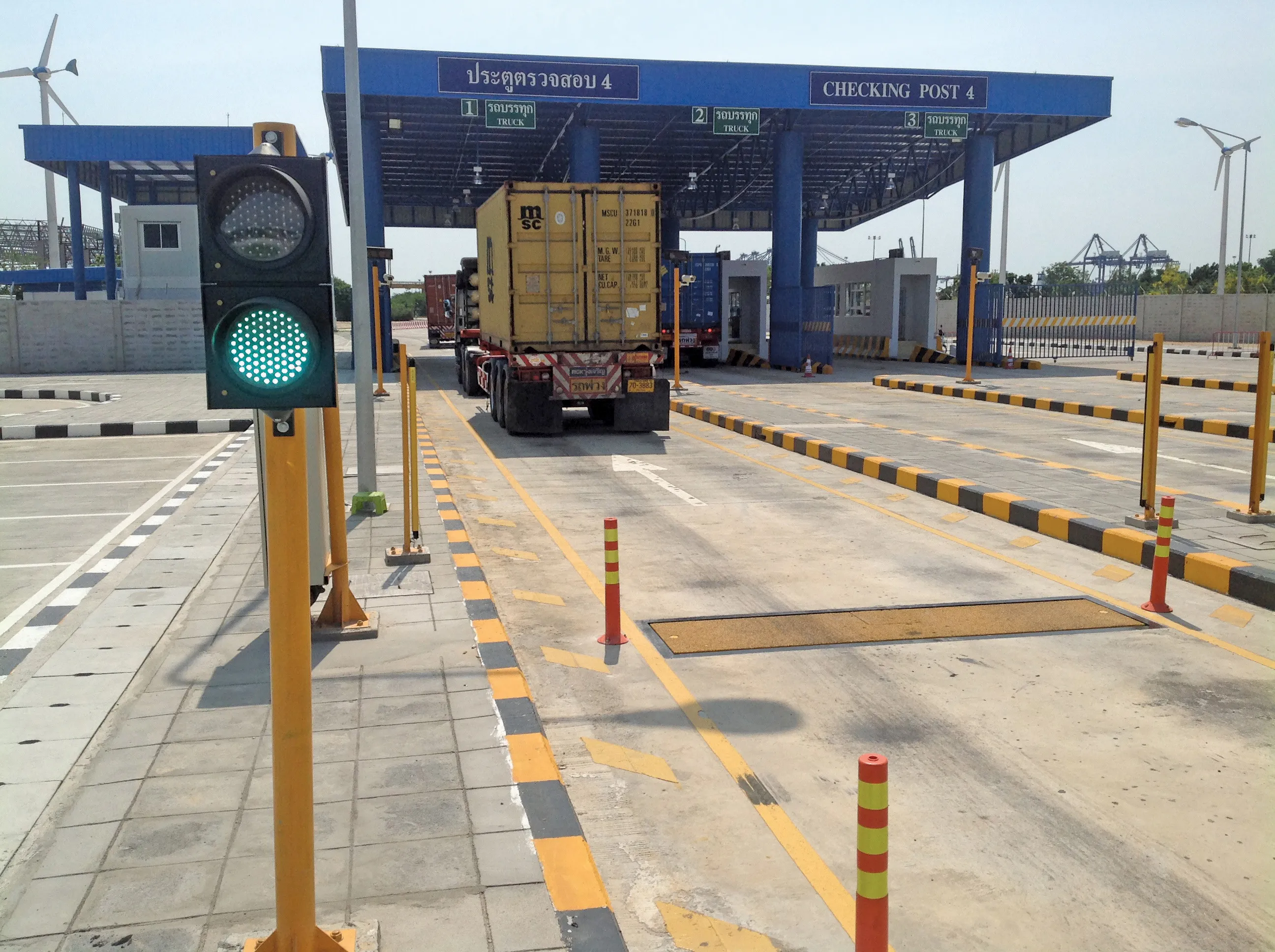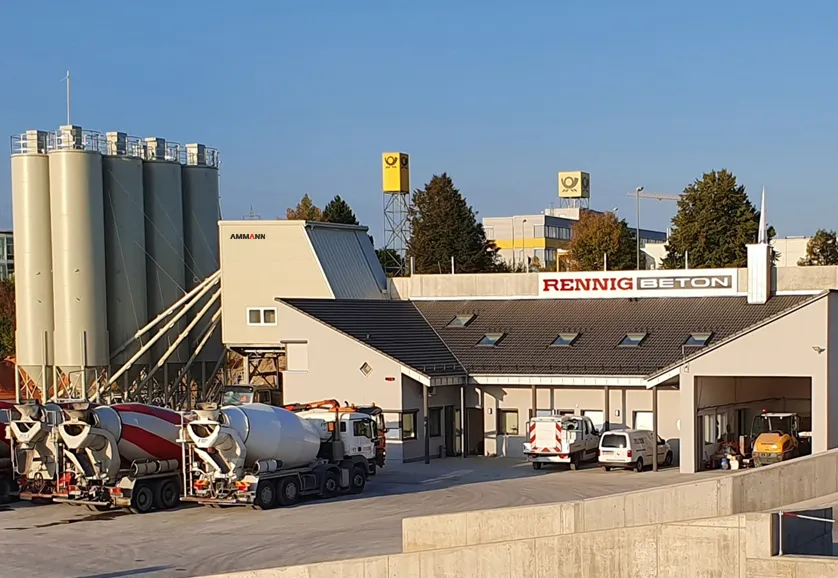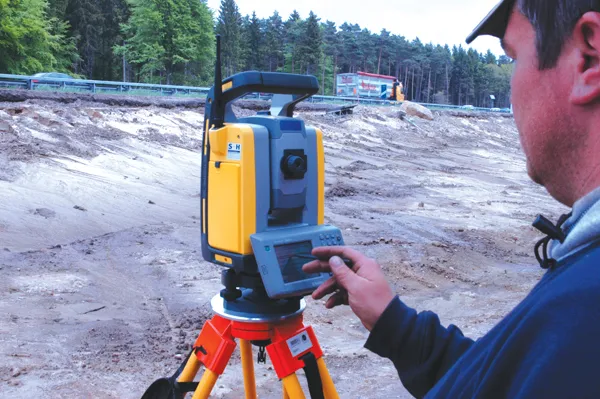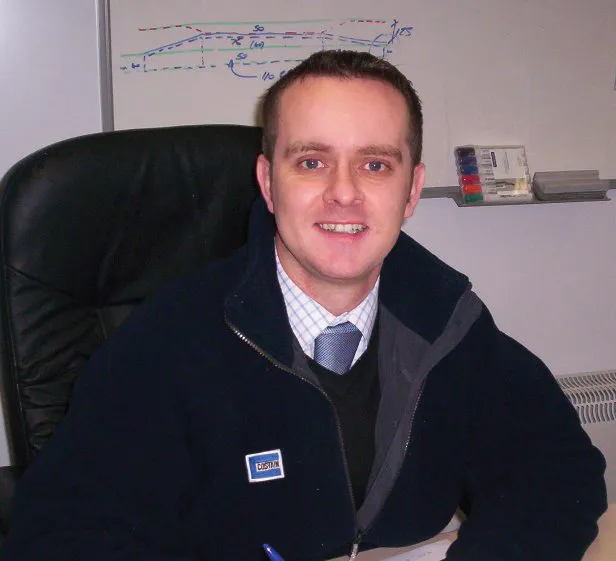
A leading WIM system manufacturer is playing a key role in efforts to reduce the number of overloaded trucks costing developing economies around the world billions of dollars in accidents and damage to roads, while another company has won a major contract in South America. Guy Woodford reports
The prevalence of overloaded trucks on the road networks of developing countries and the accidents and structural damage they cause wastes valuable, limited resources in some of the world’s poorest economies, diverting scarce financial resources away from other vital areas such as health, food programmes and education.In the developing world, roads built to last 10-15 years can be destroyed in as little as three years by overloaded trucks. The extent can be such that a single overloaded axle can cause more than 300 times the damage of one that is legally loaded.
Richard Stokes of
“The contrast between the developed and developing world is stark. In Europe, only 8% of trucks that are weighed are overloaded, but in countries like India and Pakistan this figure can rise to up to 65%. The subsequent damage to infrastructure is huge.”
Stokes said that governments are now realising the true value of overload detection and prevention and are installing a range of devices that can accurately identify overloaded trucks at speed, without the need to delay legally loaded trucks or reduce the throughput at road tolls.
“Having installed nearly 4,000 weighing systems and recently won contracts in Iraq, India, Pakistan, Thailand and Vietnam, our advanced weighing technology can make a significant difference in the battle against overloading. Further training and support provided to governments around the world has also proved invaluable,” said Stokes.
Central Weighing now presents Why Weigh Axles seminars globally to highlight the dangers and impact of overloading, and some of the new technologies that are available to alleviate the problem. These include the firm’s new weigh-web software package which allows real-time weighing data to be viewed online.
“This has proved a major factor in reducing corruption by removing any opportunity for offenders to continue without penalty,” said Stokes.
International Road Dynamics (
The contract includes the installation of new, cutting-edge Weigh-in-Motion and related control equipment in 11 existing traffic weigh stations throughout the country, as well as a central control centre connected to all the weigh stations to provide real-time station management and statistical reporting. The project is earmarked for completion before the end of 2013.
“This key new contract will provide Paraguay with the latest technologies and solutions to manage its roadway and highway infrastructure, an important element in the country’s economic prosperity,” said Terry Bergan, IRD’s president and CEO. He added: “Our team in Chile continues to successfully and profitably build its installed base and reputation for high quality service and support throughout South America, and we look forward to continued growth in the region.”
For the Paraguay contract, PAT Traffic will be using its WIM.NET System. The system’s weighing plaza is made up of two weigh stations on each side of the road. Each station consists of a selective and a precision scale. The selective scale is located on a lateral lane and vehicles that pass over it at speeds of 100km/h are either diverted to the precision scale for punitive weighing or turned back to the highway without further delay or effect on the traffic flow.
The system’s weighing process includes different computerised processes and peripheral actions. These include the use of LED traffic lights, automatic barriers, automatic license plate reading camera, message panels for weight display, over height detectors, and video cameras for auditing.
In addition to its selective and precision weighing elements, the WIM.NET System features a centralised control and monitoring platform enabling the interconnection of different weigh station plazas installed across a country. Each weigh station plaza can be operated remotely through the use of a camera with PTZ command and image zoom installed on a 5m pole at the plaza site.
Globally renowned Switzerland-based WIM technology specialists
The firm, which develops and manufactures sensors, transducers and electronics for measuring pressure, force, torque and acceleration, said that due to massive investment in production capacity and new personnel, productivity increased significantly and brought the unusually high backlog of orders from the previous year back down to a normal level.
The Kistler Group said that the current financial year is also encouraging, with incoming orders falling within budget. It is thought the newly signed cooperation agreement with MTS Systems Corporation could represent an important building block for further growth in the area of vehicle dynamics and durability.
Of the current year, Kistler CEO Rolf Sonderegger said, “All in all, 2013 might well be the year for consolidation at a high level.”
DriveWyze PreClear achieves 200 site milestone
Drivewyze PreClear, a US-based weigh station bypass service, recently clocked up its 200th site with the launch of the Corinth site in the state of Mississippi.
Available at both permanent and temporary inspection locations, Drivewyze PreClear provide service plans catered to both short-haul and long-haul carriers travelling intrastate or interstate throughout the United States.
Drivewyze currently offers customers 108 fixed sites and 110 mobile inspection sites for a total of 218 service sites. The company claims that mobile inspection site bypass is something that no other bypass service currently offers.
"In just six short months we've built a bypass service network at over 200 weigh station and inspection sites. This is a major milestone for our company," said Brian Heath, president of Drivewyze. "We know this continued growth means we can increase the time, fuel and money savings for fleets, while also serving the needs of state agencies to ensure safety."
Drivewyze leverages the wireless internet to eliminate the need, cost and limitations of traditional transponders and roadside infrastructure. Data encryption, privacy and security controls ensure the protection of Drivewyze customers under a platform that extends service to many sites previously unavailable through traditional bypass programs. It also means law enforcement can extend bypass opportunities to commercial vehicles based on safety records at local, remote, interstate and mobile inspection sites.
Working on a wide variety of tablets, smartphones and select ELDs, Drivewyze provides transponder-like capability and eliminates the need for dedicated transponders in each truck. Hands-free and compliant with federal and state distracted driving regulations, the service instructs drivers to either follow road signs and pull-in or bypass using simple visual and audible instructions allowing the driver time to safely manoeuver the vehicle.









